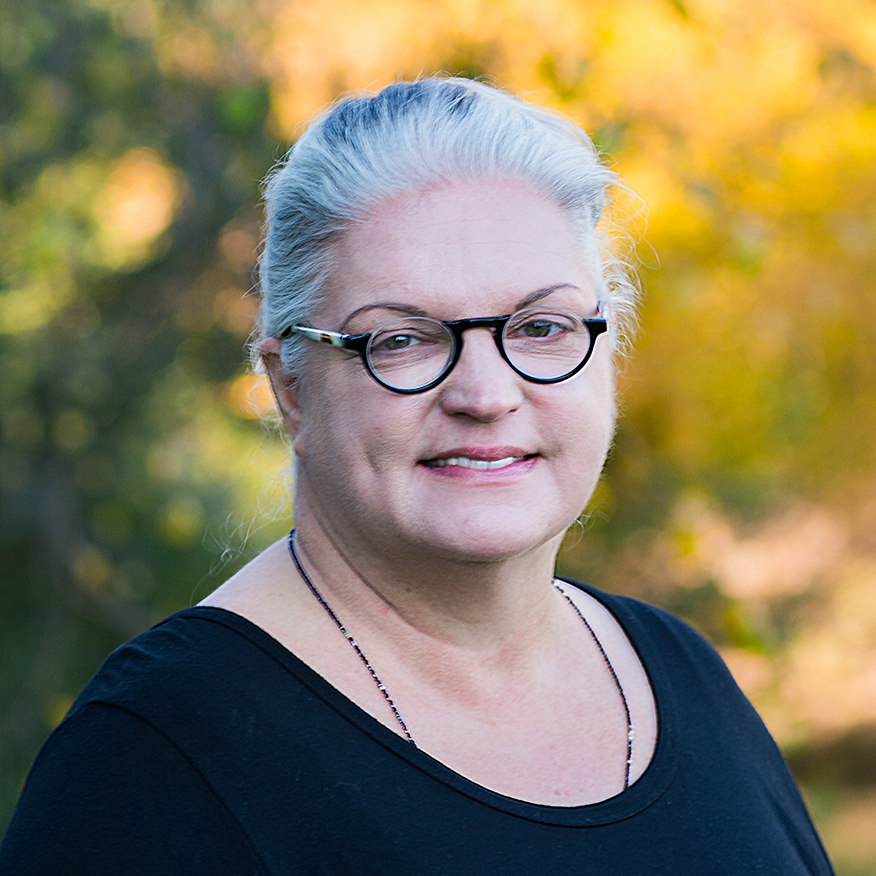While bioenergy companies are not eligible for payments under BCAP, the benefits of the program for the biopower and biofuels producers are significant.
The most significant risk bioenergy companies face is that of a steady, affordable and sustainable feedstock supply. In most cases, landowners biomass is not currently being collected; it is left in the woods as a nutrient base and to prevent erosion. Most loggers lack the equipment to collect and deliver biomass and the means to purchase the necessary equipment. Because they will be eligible for matching payments if they deliver to a qualified biomass conversion facility (BCF), landowners, loggers, and other operators will choose qualified BCFs over other wood consuming facilities. And because BCFs will be preferred partners, securing a steady supply of biomass will be easier.
As a result, bioenergy companies will be best served by beginning the qualification process now. Why is this important? The FSA has made the qualification of BCFs the first step in the process. Once a BCF has been qualified by the State office, the FSA will allocate funds to the FSA office in the county where the BCF is located and in other counties where supply will originate. The amount of the allocation will be the projected annual eligible material needs for the facility. Only when the funding is received by the County FSA office will signup opportunities for eligible material owners be announced. Because the qualification of the bioenergy facility determines the amount of funding available, the need for every facility to register is extremely important.
To qualify, bioenergy plants need to meet some basic requirements. The primary qualification criterion is that a facility produce either of the following:
- Heat, power, advanced bio-fuels, or bio-based CHST products at the facility itself
- Fuel or other CHST biobased products from eligible materials, for subsequent sale or transfer to other facilities
In addition, facilities must 1) meet all regulator and permitting requirements under Federal, State and local laws, 2) keep accurate procurement records that are subject to audit by the USDA, 3) purchase material in arms-length transactions and on a dollar per dry ton basis, 4) have access to commercial weight scales and moisture measurement equipment, and 5) provide the eligible material owner with a signed scale ticket that clearly indicates actual tonnage delivered, total dry-weight tonnage, price paid and an authorized signature.
Application should be made to the State office in the State where the facility is located. The process itself is relatively straightforward. The application process requires a signed Memorandum of Understanding that covers the rules associated with the program, the completion of a four-page form and copies of all Federal, State and local environmental, health and safety permits and licenses.
All forms and directions for application materials are available at www.fsa.usda.gov/BCAP.


 Suz-Anne Kinney
Suz-Anne Kinney


